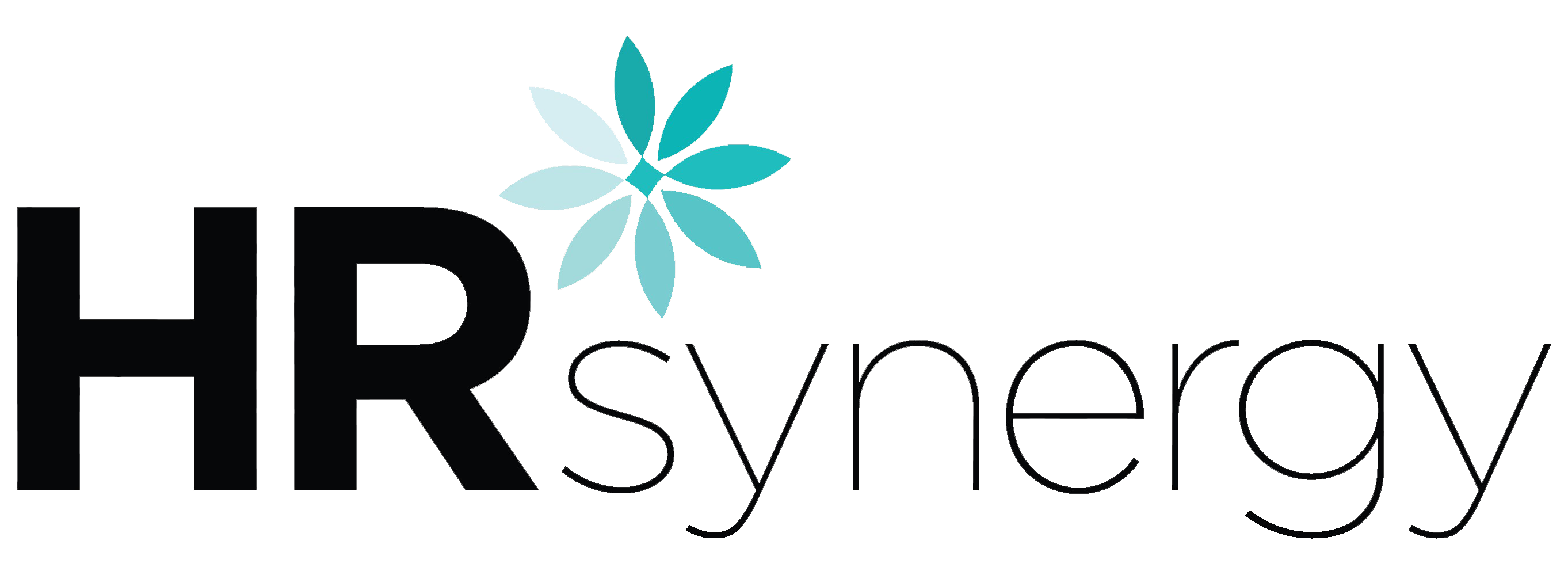New Hampshire Paid Family and Medical Leave (NH PFML) is coming, January 1, 2023.
The NH PFML insurance plan includes:
- Paid Family and Paid Medical Leave together in a single insurance policy
- 60% wage replacement benefits up to the Social Security wage cap for qualifying leave reasons
- Leave can be taken all at once (continuous) or in partial days (intermittent) with a minimum of
4-hour increments - Employers will have the choice of duration to offer under their NH PFML insurance plan:
- Option 1: 6 paid weeks of leave
- Option 2: 12 paid weeks of leave
NH PFML insurance provides wage replacement during absences from work for common life events, such as:
- One’s own serious health condition(s) when disability coverage doesn’t apply, including childbirth
- Child bonding due to birth, adoption or fostering
- Serious health condition(s) of a family member
- Qualifying need arising from military deployment or service
- Caring for a qualifying military service member
Did you know?
- NH PFML is available to all NH employers and NH workers through MetLife, the state’s PFML insurance partner.
- NH PFML is a first in the nation, state-sponsored, voluntary plan where NH employers and eligible NH workers can purchase a paid family and medical leave insurance plan that provides up to 60% wage replacement for covered workers for up to 6 weeks per year for absences from work for covered common life events.
- NH PFML insurance can be purchased from MetLife, the state’s insurance partner for the plan, either directly or through an insurance agent, broker or consultant
- Employers who purchase NH PFML from MetLife are eligible to receive a Business Enterprise Tax (BET) credit of up to 50% of the premium they pay on behalf of their workers.
- Individuals who work for a NH employer may purchase NH PFML for themselves if their employer does not provide NH PFML insurance or an equivalent benefit.
You might be asking why this program is needed. It provides crucial wage replacement during a care/health need. Also, the NH PFML should increase retention through improved company morale and productivity. Lastly, a Business Enterprise Tax (BET) credit (up to 50% of the premium they pay on behalf of their workers) is available to employers who purchase NH PFML from MetLife.
Wondering how this impacts your organization? Let’s set up a free consultation to discuss how we can help!



